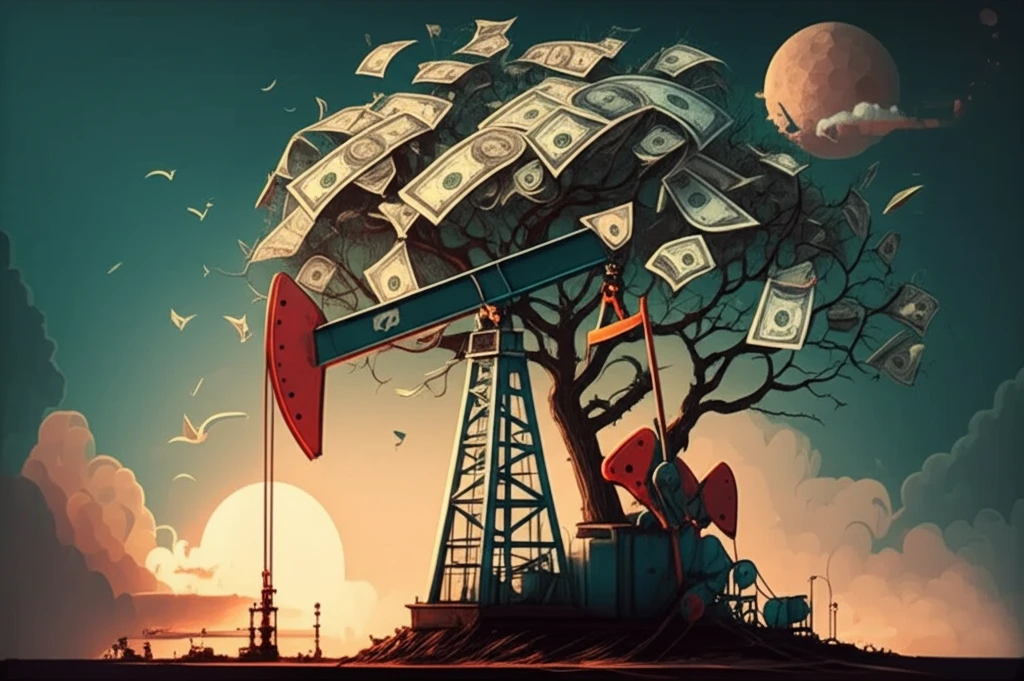
Oil and Inequality: Is the Resource Curse Real?
"New research challenges the conventional wisdom, revealing complex links between oil wealth and income distribution."
For decades, the 'resource curse' has been a dominant narrative: countries rich in natural resources often struggle with economic instability, corruption, and social strife. But what about income inequality? Does oil wealth automatically translate to a greater divide between the rich and poor? Surprisingly, this link hasn't been thoroughly investigated – until now.
A recent study, using the Standardized World Income Inequality Database (SWIID), dives deep into this complex relationship, challenging some long-held assumptions. The findings reveal a nuanced picture, suggesting that oil wealth doesn't always lead to increased inequality, and, in some cases, can even contribute to a more equitable income distribution.
This article will break down the study's key findings, exploring the surprising ways oil wealth can impact income inequality. We'll also examine the factors that determine whether a country experiences the 'resource curse' or manages to harness its oil wealth for the benefit of all its citizens.
Does Oil Wealth Automatically Mean More Inequality?

Conventional wisdom suggests that oil wealth concentrates power and resources in the hands of a few, exacerbating existing inequalities. Oil revenues might benefit political elites or specific geographical regions, leaving the majority of the population behind. This can happen through various mechanisms, including:
- Rent-seeking behavior: Competition for oil riches can lead to corruption and policies that disproportionately favor specific interest groups.
- Neglect of other sectors: An over-reliance on oil can stifle the development of other industries, leading to job losses and economic instability for those not involved in the oil sector.
- Limited transparency: Oil-rich governments may lack transparency and accountability, making it easier for elites to capture the benefits of oil wealth.
Harnessing Oil Wealth for a More Equitable Future
The research underscores the importance of good governance, transparency, and diversification in oil-rich economies. Countries that manage their oil wealth responsibly, invest in education and healthcare, and promote economic diversification are more likely to avoid the 'resource curse' and create a more equitable society for all their citizens. It also points to a potential for intentional under-reporting of data. Further research into the methods to discover data accurately will be required.
